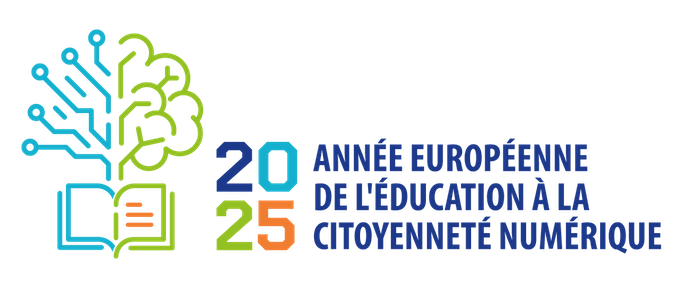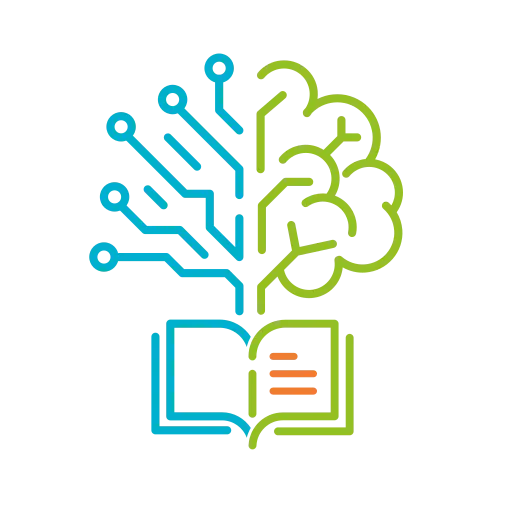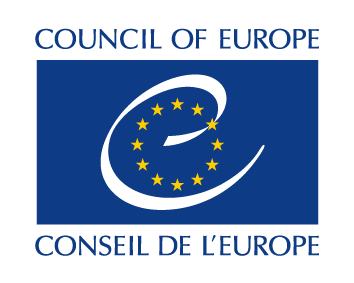- The Digital Strategy for Education in Wallonia Brussels Federation for Compulsory education (2018) is part of the larger structural and systemic reform: Pacte pour un Enseignement d’Excellence. The Digital Strategy for Education includes 5 complementary and interlinked axes: define digital learning resources, support and train teachers, define equipment modalities of schools, share and communicate, develop a digital governance. Digital Strategies for longlife learning and higher education were created in 2021. Following the digital strategy for lifelong learning, The AGCF regulation (21/12/2022) supports digital lifelong learning by enabling distance, co-modal, and hybrid education. Monitoring funded projects has also incorporated digital citizenship, gender equality, and vulnerability reduction. The État des lieux de l’Enseignement de Promotion Sociale report (2023) outlines a vision to strengthen and optimise adult education. It aims to establish sector-wide objectives, including digital integration, and to adapt the digital services offered by the General Service for Digital Education for adult learners.
- Digital Wallonia 2019-20224 Strategy includes a pillar on digital skills with the objectives to equip schools with modern digital equipment and ensure the development of digital skills of Walloon citizens. Intertwined with the 2019 Pact for Excellence in Education, the new reference frameworks drawn up as part of the reform of the core curriculum to include digital skills (FMTTN) have been introduced in September 2023.
- Media Education Plan of the Wallonia Brussels Federation adopted in 2022 with 4 axes: education/training to students on media literacy, regular update of the decree on the Superior Council on Media Education, communication on projects and actions, and the development of new initiatives on media education related to digital media and social media. The Media Education Plan of the Wallonia Brussels Federation refers to the CoE DCE website.
- Digisprong (Digital Jump) in Flanders adopted in 2020 with 4 pillars: (1) fostering ICT infrastructure in schools; (2) ICT competent teachers; (3) ICT policies; and (4) digital learning resources. Digisprong is also the name of a newly established knowledge centre for quality digital education, that was integrated in the structure of the Flemish Department of Education and Training
- In addition, the Flemish authorities reported in the online survey that there were funding programmes for quality digital education and media literacy at different levels of education (school education, higher education, adult education) in the context of recovery from the Covid crisis (mainly co-financed by the EU Recovery and Resilience Facility).
- Flemish Youth and children’s rights policy plan 2020-2024: includes a pillar on media literacy, including digital competences, cyberbullying, online rights. The Flemish Youth and children’s rights policy plan 2020-2024 refers to the CoE Recommendation CM/Rec(2018)7 on the rights of the child in the digital environment and other CoE recommendations on youth work and on young refugees but not to the DCE one.
- Third Strategic Plan on Youth 2023-2027 of the German speaking community includes digitalisation as a focal point and includes actions to foster media literacy
- Decree of the Walloon Region parliament, related to the initial digital training (20/07/2022). The new Common Core curricula (from nursery school to the 3rd year of secondary education) have been written to ensure that they are adapted to the requirements of a common education for the citizens of the 21st century. They are deployed progressively and reached the 5th year of primary for this school year 2024-2025. The curriculum of Manual, Technical, Technological and Digital Training (Formation manuelle, technique, technologique et numérique) specifically sets out the expectations for learning in and through the digital environment in four dimensions: Information and data, Communication and collaboration, Content creation, Security. The Security dimension specifies that students must acquire the skills needed to use digital media in a social, civic and ethical manner with a minimum of risk.
- Digital skills were integrated by law into the compulsory content of all the initial teacher education, whatever their discipline, and the implementation has started from the academic year 2023-2024.
Sources
- http://www.enseignement.be/index.php?page=28101
- https://www.gallilex.cfwb.be/document/pdf/51271_000.pdf
- https://digitalwallonia.be/en/posts/skills-and-employment/
- https://digitalwallonia.be/fr/publications/competences-numeriques-tronc-commun/
- https://www.csem.be/sites/default/files/2022-01/Plan%20EAM_mis%20en%20page_FGL_FCO.pdf
- https://onderwijs.vlaanderen.be/nl/directies-en-administraties/organisatie-en-beheer/ict/digisprong
- https://www.vlaanderen.be/cjm/sites/default/files/2021-04/Vlaams%20Jeugd-%20en%20Kinderrechtenbeleidsplan%202020-2024_EN.pdf
- https://ostbelgienlive.be/PortalData/2/Resources/downloads/jugend/Dritter_Jugendstrategieplan_BroschureA4.pdf
- https://wallex.wallonie.be/eli/loi-decret/2022/07/20/2022204816
- http://www.enseignement.be/download.php?do_id=17242
- https://www.gallilex.cfwb.be/document/pdf/46261_000.pdf



